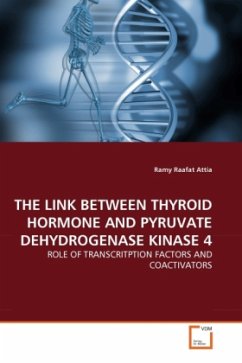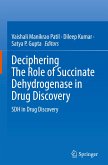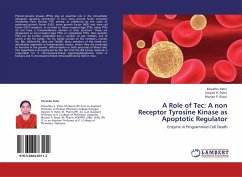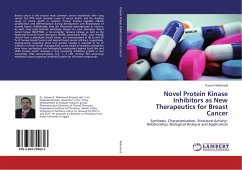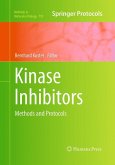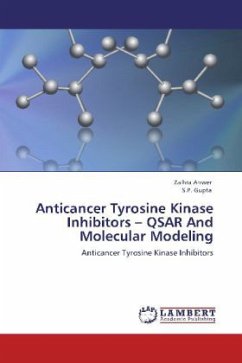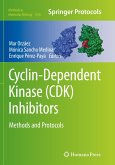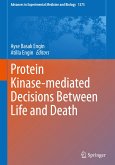Pyruvate dehydrogenase kinase 4 (PDK4) regulates pyruvate oxidation through the phosphorylation and inhibition of the pyruvate dehydrogenase complex (PDC). The PDC catalyzes the conversion of pyruvate to acetyl-CoA and it is an important control point in glucose and pyruvate metabolism. Previous studies have showed that PDK4 gene expression is induced by thyroid hormone (T3), however, these studies did not investigate the mechanisms by which T3 regulated PDK4 gene expression. In this book, I have examined the role of the thyroid hormone receptor (TR), transcriptional coactivators especially the peroxisome proliferator activated receptor gamma coactivator-1 (PGC-1 ) and and other transcription factors that act as accessory factors in T3 actions. In addition, the book provides a broad insight of the hepatic transcription factors network that work coordinately to facilitate the action of the T3 hormone in the liver. This work may open a door to further investigate therapeutic targets in this network to modulate metabolic disease processes that are affected by the T3 hormone.
Bitte wählen Sie Ihr Anliegen aus.
Rechnungen
Retourenschein anfordern
Bestellstatus
Storno

